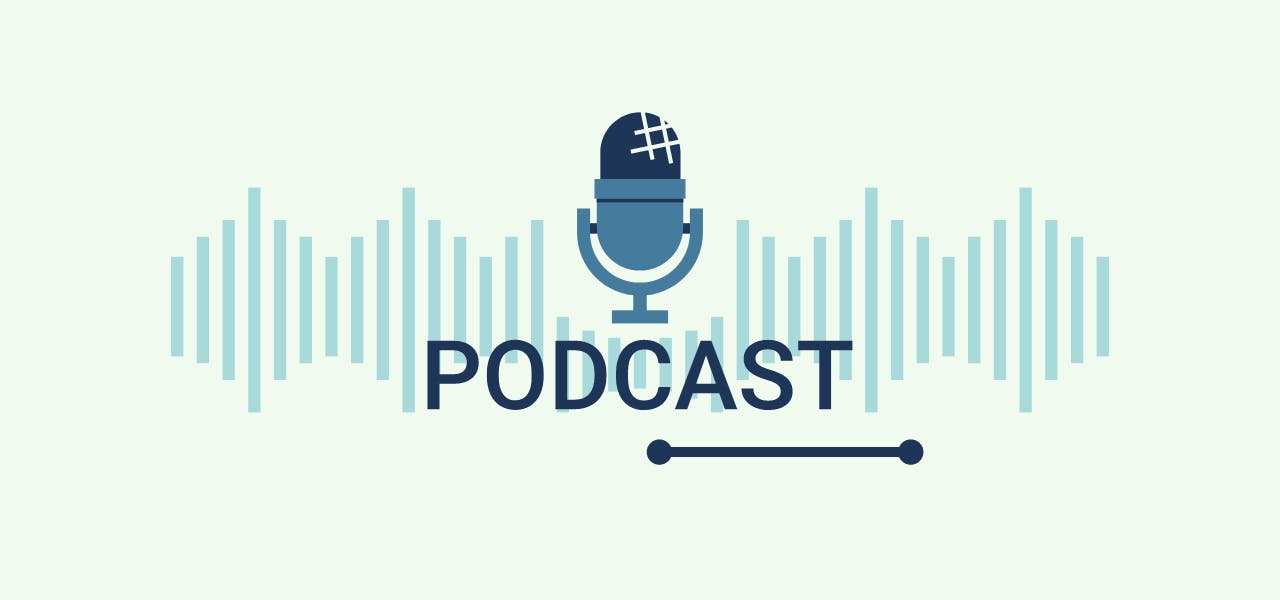Although the term “podcasting” is a relatively new one in the Digital Era, it actually dates back to the 1980s when people would perform what was referred to as “audioblogging.” Recording yourself talking about a topic has been around for a while, but it was difficult to build an audience with no easy way of sharing your end product.
The world of broadband internet access changed all that for audiobloggers. With devices like the iPod entering the scene in 2004, podcasting began to be recognized as a legitimate way to spread knowledge to an audience or to learn about a topic one was interested in. Today’s podcasts are global and include information in just about every industry possible, including academia. As an academic scholar, if you are interested in starting a podcast, it can help you connect with other academic experts and improve your scholarly reputation. These tips will guide you as you get started.
Choosing Your Topic
Before you decide which topic you want to develop into a podcast, you first need to know what your purpose is for starting this means of communication. Are you planning on adding to the content knowledge for students learning about the subject? Do you want to share your research with your peers, or are you planning to monetize your podcast? The answer to this question will point you into a better focus of your topic choices.
Decide what you want to accomplish with your blog and what you can offer that has value. Then, check out the current podcasts that are available about the same topic you want to discuss. As you’re researching, ask yourself if your topic is too niched or too broad. You need to hit that happy medium of just right. Too broad, and it’s going to be hard to gain a following because people won’t find your podcast in their search. Too niched and it’s going to be difficult to find enough content to fill a program long-term or to attract a large enough audience to make your podcast successful.
Structuring Your Podcast
As you decide the structure of your podcast, think about how much time and resources you have to put into your project. Right now, you have a lot of excitement and momentum, but this has to translate into tangible finished products. It’s smart to start little and grow over time.
Think about how often you want to share a recording, along with the purpose of your podcast. Common podcast schedules are weekly, but whatever you do, make sure it’s consistent so your audience knows what to expect and when you’ll have new content. Determine how many episodes you want to do on which topics, which days you want to post them, and what you’ll do to prepare your podcast. For instance, a weekly podcast isn’t put together in one day. You could set up a schedule that looks something like this:
● Monday - brainstorm topic ideas and select one
● Tuesday - organize content for topic
● Wednesday - compile your script and practice recording
● Thursday - record the official version
● Friday - complete the sound editing and any necessary revisions
● Saturday - publish the podcast
If you’re only publishing monthly, this schedule will look different, but you also have more time to go in-depth. You might look for experts on the topic that you can interview to grab their audience as well as your own, or take the time to market your upcoming podcast to build excitement.
Producing Your Media
Once you have the microphone and sound equipment you are satisfied with, it’s time to get to the job! All you really need is a recording device like your smartphone, but the more sophisticated your equipment is, the better your recording is going to sound.
Before you can produce your media, you’ll need to write your script or an outline of points you want to cover. Then, find a space where it’s nice and quiet and you won’t be interrupted, and start recording.
This process is going to be awkward in the beginning, if you’re like most people. The best podcasters simply have fun and talk naturally to their audience, as though they’re right there. If a monologue is too difficult for you to maintain, consider having a co-host.
Above all, don’t stress the little mistakes you make as you’re recording. These can always be edited out later.
When your new podcast is ready to go, upload it to the platform(s) you’re using to share it. Many podcasters use SoundCloud, Spotify, or iTunes, or a combination of them. Link to your podcast on your social media sites and make sure you add your podcast information to your academic profile on your professional sites, like Impactio. As more of your academic peers learn about your podcast, they’ll be checking out your work history. A great way to show off your expertise is by using Impactio to demonstrate your work’s citation metrics and your history all in one place. You’ll build more followers to your podcast as they see you as the expert in your field that you are!
